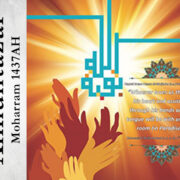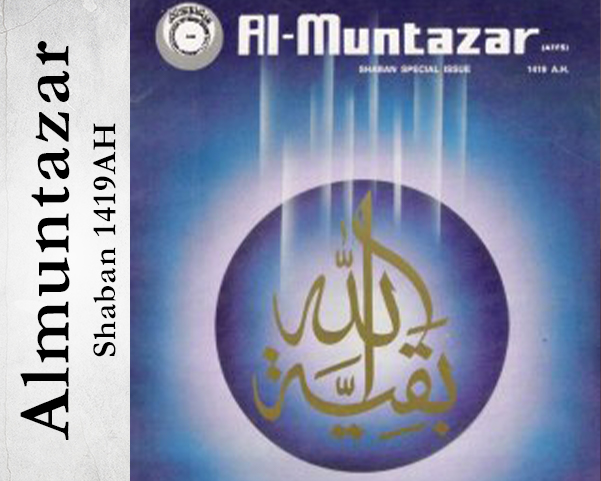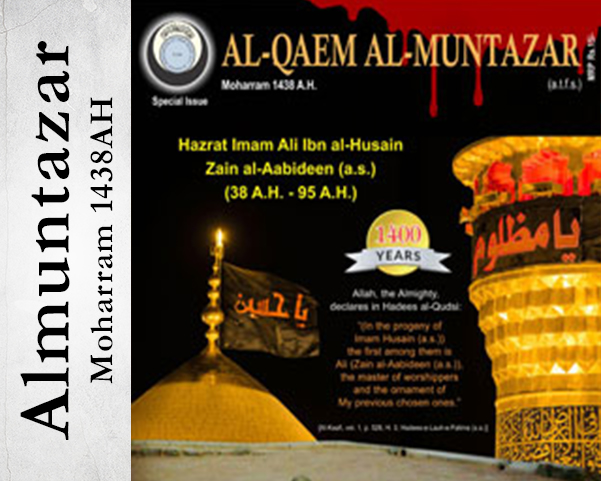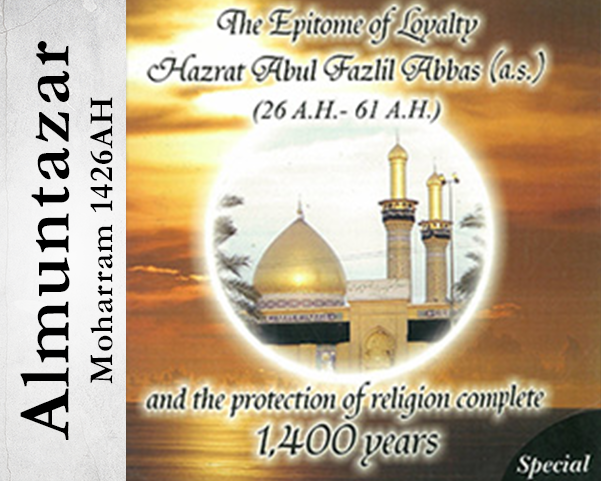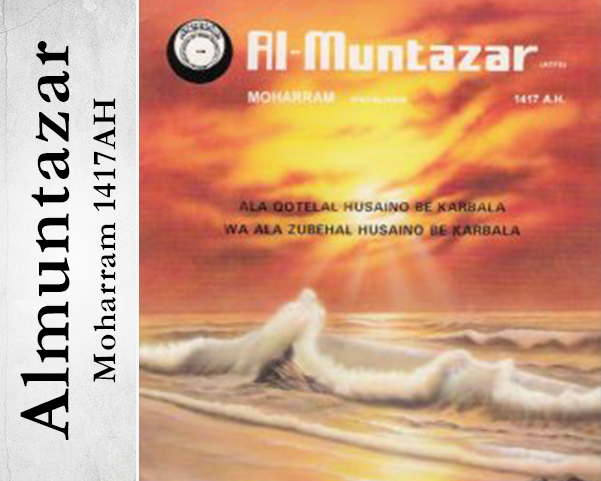Some opponents (and even some admirers of the Ahle Bayt (a.s.)) protest against the act of kissing the shrines of the Imams (a.s.) and Hazrat Abbas (a.s.). They deem it an innovation. According to them, kissing the shrine is in reality kissing the metal of the tomb and will not benefit the person in any way. Therefore, it will not lead to the acceptance of entreaties.
These are baseless objections. While the opponents are always looking for some excuse, the innocence and ignorance of the lovers, leaves them wandering in darkness. Although there are abundant replies for their criticism, we put forward only two, to quash their objections.
First Reply:
People visiting the shrines kiss them and are fully aware that they are made of moulded metal. They agree that silver or iron has no connection with the acceptance of entreaties. However, since the person they are visiting (i.e. Imam) is no longer alive and contact with him is not possible, they kiss the shrine only as a sign of benediction. It is definitely not their intention that this will result in the acceptance of their supplications. It is only a channel of expressing their love.
Second Reply:
Although those martyred in Allah’s way are concealed from us, the Holy Quran considers them as present and alive. Although our eyes do not perceive them, they will witness our actions on the Day of Judgement. The Holy Quran says about the martyrs:
“And reckon not them who are killed in Allah’s way as dead. Nay, they are alive (and) are provided sustenance from their Lord.”
(Aale Imran: 169)
Whereas this verse has been revealed for the martyrs of Badr, it applies equally to all martyrs. Hence, undoubtedly Hazrat Abbas (a.s.) is alive and he is the greatest of martyr after Imam Husain (a.s.). Shiite traditions also support this Quranic view about the life of martyrs. For more details refer to the book ‘Maalim-uz-Zulfa’ (page 111) authored by Sayyed Hashim Bahrani (r.a.).
For instance there is a tradition narrated by Imam Sadiq (a.s.) about kissing the shrine of Hazrat Abbas (a.s.). Allamah Majlisi (a.r.) in his book ‘Behaarul Anwaar’ in Kitab-e-Mazaar, page 180 records that Imam Sadiq (a.a.) himself ordered his companion Safwaan-e-Jammaal to kiss the grave. Imam (a.s.) told Safwaan that whenever he visits the grave of Hazrat Abbas (a.s.), after kissing it, he should say:
‘May my mother and father be sacrificed for you, O helper of Allah’s religion!’
On this basis the contemporary scholar and jurist (Marja-e-Taqlid) Ayatullah Bahbahani (a.r.), on his visits to the shrine of Hazrat Abbas (a.s.) used to first kiss the lower door-post of the threshold and then entered the shrine with humility.
Although such reverent actions of the great Islamic scholars do not form a valid proof, but they are worth noting, as they highlight the fact that according to them, there is an important argument (in favour of their actions), which is hidden from us.
Here, it must be clarified that kissing is different from prostration. While kissing is recommended, prostration has been condemned. Obviously, prostration for anyone other than Allah is invalid and amounts to shirk (apostasy). Prostrating at the tombs of the Infallibles (a.s.) is praiseworthy, but only if it is a means of thanking Allah, the Almighty, and not otherwise (In other words, not considering them as God or His incarnations).
However, these are only rational arguments. In reality, the one who prostrates at the shrine of the Infallibles (a.s.) is fully aware that they are only venerable, distinguished personalities. Those who prostrate at their shrines do not seek to ascribe the infallible Imams (a.s.) with Godhood nor do they seek to project them (a.s.) as partners in divinity (may Allah protect us from such ideas) Rather they accept them (a.s.) as Allah the Almighty’s infallible servants, who enjoyed a very high status in front of Him.


